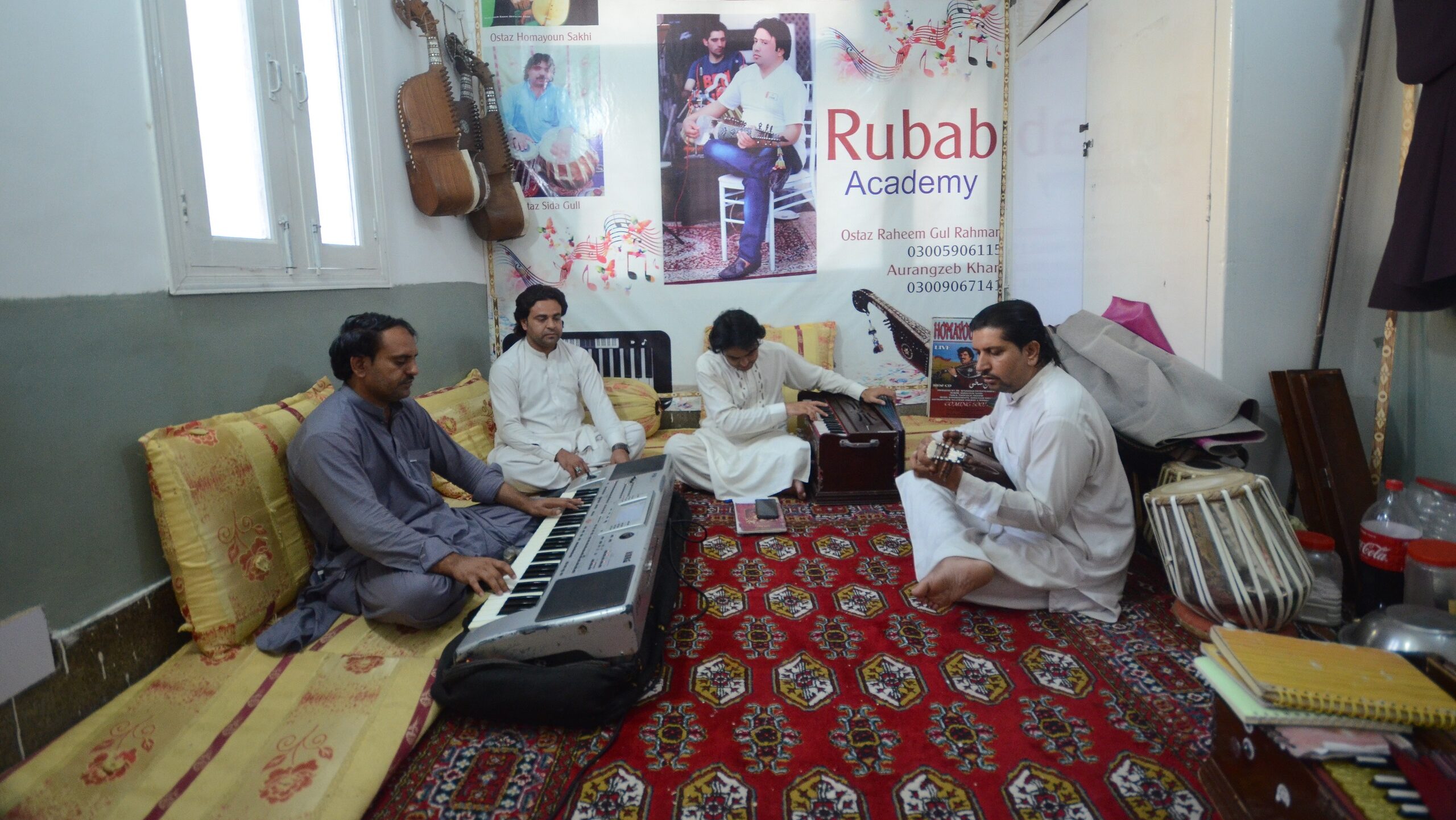UN Agencies Warn Against Pakistan’s Planned Deportation of Afghan Refugees
Thousands of Afghan refugees, including musicians and human rights activists, face potential deportation from Pakistan as global organizations urge protection
The United Nations refugee and migration agencies last Wednesday expressed concern over Pakistan’s decision to deport thousands of Afghan refugees awaiting relocation to the United States and other countries. The announcement has heightened fears among Afghan asylum seekers, including artists, who are already facing significant uncertainty.
In a joint statement, the UN High Commissioner for Refugees (UNHCR) and the International Organization for Migration (IOM) urged Pakistan to clarify its position after the government said last week it would deport Afghan refugees unless their cases were processed quickly by the countries that had pledged to resettle them. Many of these refugees had fled Afghanistan following the Taliban’s return to power in 2021.
About 20,000 Afghans had been approved for resettlement in the US under a program designed for individuals at risk due to their work with the American government, media, aid organizations, and human rights groups. However, their resettlement has been stalled after President Donald Trump suspended US refugee admissions in late January for at least three months. The suspension has left many Afghans stranded in Pakistan with an uncertain future.
“A UNHCR-issued non-return advisory has been in place since 2021, calling for a suspension of forced returns of Afghan nationals from any country regardless of their status,” the UNHCR-IOM statement noted.
A UNHCR-issued non-return advisory has been in place since 2021, calling for a suspension of forced returns of Afghan nationals from any country regardless of their status
The Pakistani government has intensified its crackdown on undocumented Afghans. Prime Minister Shehbaz Sharif recently authorized the expulsion of Afghan nationals without legal status from Islamabad and Rawalpindi before March 31. Since January 1, there has been a notable increase in the arrests of Afghan refugees in these cities, sparking distress among asylum seekers. Human rights organizations, as well as UN agencies, have raised concerns about the fate of vulnerable groups, including journalists, human rights activists, women, and artists such as musicians.
Give the gift of hope
We practice what we preach:
accurate, fearless journalism. But we can't do it alone.
- On the ground in Gaza, Syria, Israel, Egypt, Pakistan, and more
- Our program trained more than 100 journalists
- Calling out fake news and reporting real facts
- On the ground in Gaza, Syria, Israel, Egypt, Pakistan, and more
- Our program trained more than 100 journalists
- Calling out fake news and reporting real facts
Join us.
Support The Media Line. Save democracy.


The UN agencies also urged Pakistan to implement any relocation measures with due consideration for human rights standards, ensuring legal protections for refugees with valid documentation such as Proof of Registration and Tazkira Afghan national identity cards, which have allowed many to remain in Pakistan legally for years.
“Pakistan has a proud tradition of hosting refugees, saving millions of lives. This generosity is greatly appreciated,” said UNHCR representative in Pakistan Philippa Candler. Mio Sato, the IOM chief of mission, added, “IOM is committed to working with the Government of Pakistan and UNHCR to develop a mechanism to register, manage, and screen Afghan nationals in Pakistan. This will open the door to tailored solutions, including international protection for those in need.”
Against this backdrop, the top court in Pakistan’s Khyber Pakhtunkhwa province last month issued an order preventing the forced deportation of over 100 Afghan musicians seeking political asylum. The ruling underscores the precarious situation of Afghan artists who have sought refuge in Pakistan amid the Taliban’s crackdown on music.
In a decision authored by Justice Waqar Ahmad, the Peshawar High Court instructed the federal government to resolve the musicians’ asylum applications within two months. The court also ordered security agencies to refrain from taking action against them during this period. The petitioners, who fled Afghanistan due to threats against their lives and livelihoods, argued that their forced deportation would violate international human rights laws.
Should their cases remain unresolved after two months, the federal interior secretary must allow them to stay in Pakistan temporarily under a policy framework
The court emphasized that Pakistan is bound by international law to prevent the forced deportation of these musicians. It also encouraged them to seek asylum through the UNHCR. “Should their cases remain unresolved after two months, the federal interior secretary must allow them to stay in Pakistan temporarily under a policy framework,” the ruling stated.
Music has long been a vital part of Afghan culture, serving as a means of storytelling and self-expression. However, the Taliban’s strict interpretation of Islamic law has led to an outright ban on music, severely impacting Afghan artists. Many musicians have been forced to sell their instruments or destroy their work to avoid persecution.
In search of safety, numerous Afghan artists have sought refuge in neighboring countries such as Pakistan and Iran, hoping to rebuild their lives and continue practicing their craft. However, even in these countries, their future remains uncertain, as both nations have recently intensified deportations of Afghan refugees.
Music was not just my livelihood but my soul, and watching it be silenced in my homeland has been devastating
“Music was not just my livelihood but my soul, and watching it be silenced in my homeland has been devastating,” Qudrat Surkhosh, an Afghan musician who fled to Quetta, told The Media Line. “While Quetta has offered me temporary shelter, life here is fraught with uncertainty.”
He added, “Without the stability to rebuild my life or practice my art, the future feels like a void, and I cannot help but wonder if I will ever again play freely or return to a home where music is embraced, not banned.”

